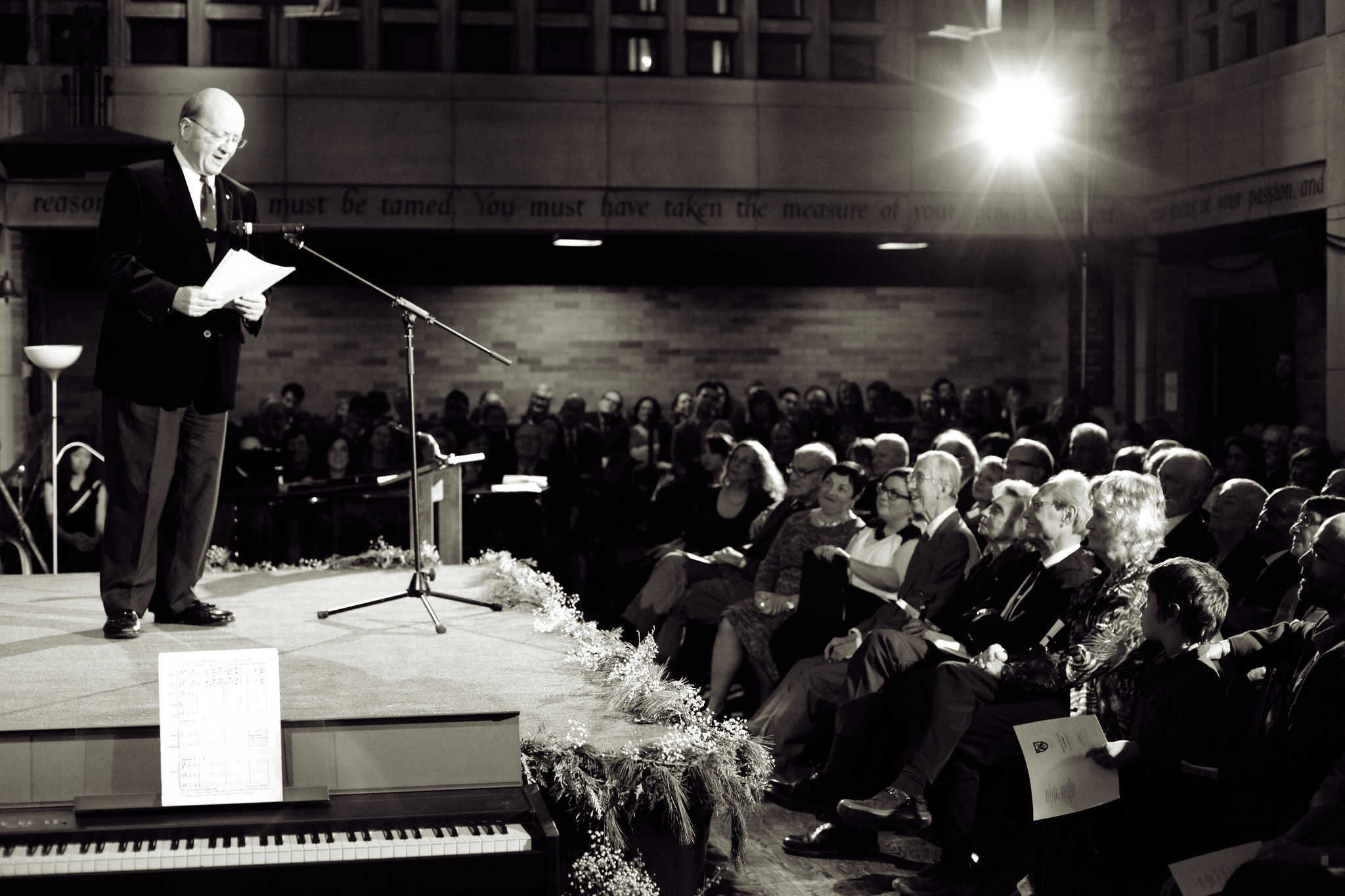Hugh Segal’s new book, Bootstraps Need Boots: One Tory’s Lonely Fight to End Poverty in Canada, is a good read. As an almost lifetime advocate of some form of guaranteed annual income, Segal has woven the history of the Canadian debate about a basic income policy into a book that is part personal memoir, part political memoir, part political history, and always fully partisan in favour of such a policy receiving more support than it has over the years.
It is a policy story that is told from the perspective of one who has been deeply involved in Canadian politics. Segal has long been a Tory, from his first infatuation with John Diefenbaker in the federal election of 1962, to his time on the executive of the Progressive Conservative Youth federation, and later in the offices of Tory luminaries such as Opposition leader Robert Stanfield, Ontario premier Bill Davis, and prime minister Brian Mulroney. Later, he would be appointed as a Conservative senator by Liberal prime minister Paul Martin, where he served from 2005 to 2014. He left politics to take up the position of principal of Massey College in Toronto, which he held until July of this year.
The personal memoir is largely of his childhood in Montreal. Born in 1950, he was raised in “a very low end working class family in what is now called Le Plateau” on the “cheery edge of poverty.” In the chapters devoted to Segal’s early years, we learn a lot about his Jewish immigrant grandparents, and the influence that their lives had on his ideas about the struggles of ordinary folk. There is also a story about his father giving away a toy of his to a boy who his father thought needed it more, and Segal’s reflection on this event underlies the book from beginning to end.
The political memoir is also personal in a way, but however one describes it, it is a romp through over 50 years of internal Tory politics, in a manner consistent with Segal’s reputation for independent thinking and intelligent reflection on his own political universe. He is not happy with what has happened to Canadian conservatism in recent decades, and shares a number of insights about the liabilities of the myopic rabbit hole that conservatives have gone down, not just for them but for the country, and for the future of the liberal democratic order. He shares the concern of many on the left about the corrosive effects of poverty and increasing inequality on our politics and our way of life.
For Segal, poverty and inequality would be best addressed through the implementation of a guaranteed annual income for Canadians. “The most central issue for the poor is lack of money,” he writes, consciously echoing the 1971 Senate report Poverty in Canada chaired by David Kroll. The Kroll report’s most salient recommendation was for a guaranteed annual income to deal with poverty.
In the same vein, Segal argues that what are often seen as factors contributing to poverty are in fact the things that poverty itself causes. He also claims that bureaucracies charged with designing redistributive or social welfare policies are too often captive to the lure of fancy or nuanced targeted programs as opposed to across the board increases, or even more so, a basic annual income. While he speculates that such programs may also keep self-serving civil servants employed, the more likely or at least complimentary argument is that their political masters prefer what one might call ongoing “announcables” to the relative invisibility of a successful universal program.
In any event, Segal provides an instructive and insightful summary of the history of universal basic income as an idea in Canadian politics, and the variety of arguments, ideological and cultural, that have been deployed against it. However, he doesn’t deal directly with the argument from the left that a basic annual income might provide an excuse for right-wing governments to jettison or underfund other essential social services.
From the Kroll Report, to the Mincom Pilot Project initiated by NDP premier Ed Schreyer in the 1970s (which went underappreciated for decades), to Segal’s own attempt to influence a Senate report on rural poverty, Bootstraps tells the story of universal basic income in Canada. The happy ending to this latter day Sisyphean struggle might have been the fact that Segal was asked to play a major role in the development of what would become a major pilot initiated by the government of Ontario Liberal premier Kathleen Wynne.
But alas, and ironically for Segal, who had good reason to feel that maybe the rock he and others had been pushing uphill for years was nearing the top, it would be a fellow Conservative who would kick it back down with a vengeance. The project was only a year into its three year span when Ontario elected Conservative Premier Doug Ford. Ford cancelled the project, stranding many who had enrolled and planned their immediate futures accordingly.
As Segal laments at the end of the chapter on this tragedy, “Ford had campaigned on a slogan of ‘For the People.’ Obviously this didn’t extend to low-income people.”
Bill Blaikie, former MP and MLA, writes on Canadian politics, political parties and Parliament.
Image: Milan Illnyckyj/Flickr



